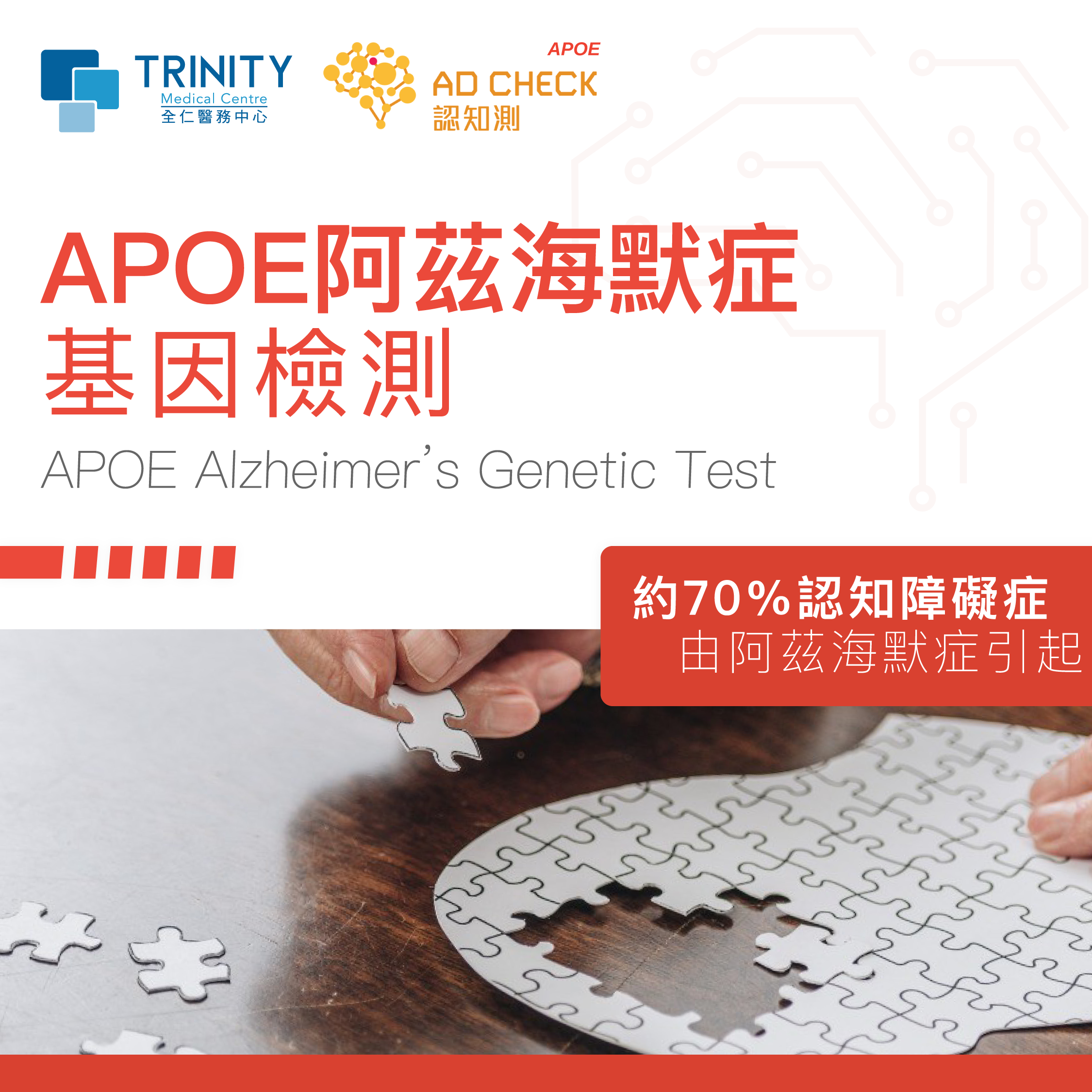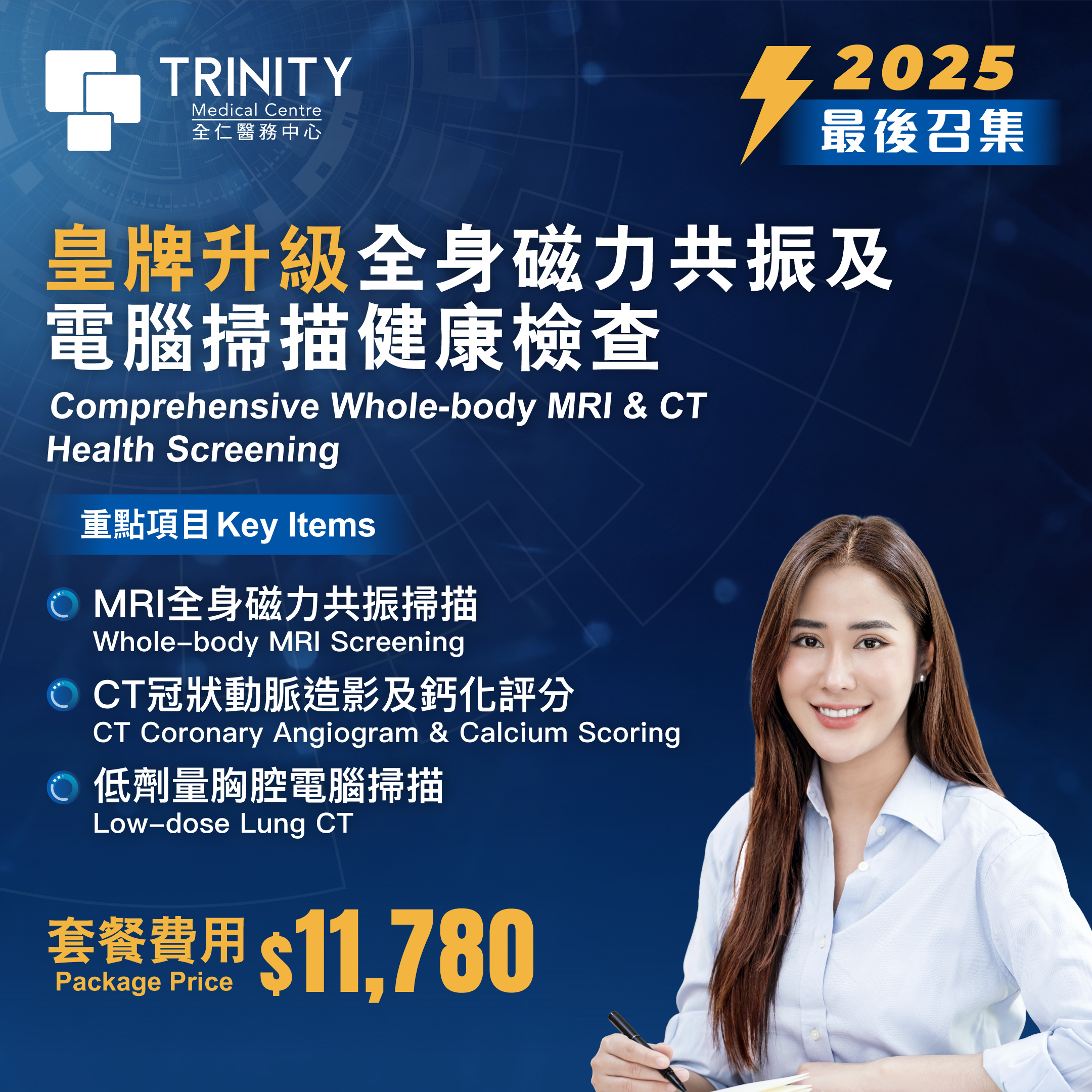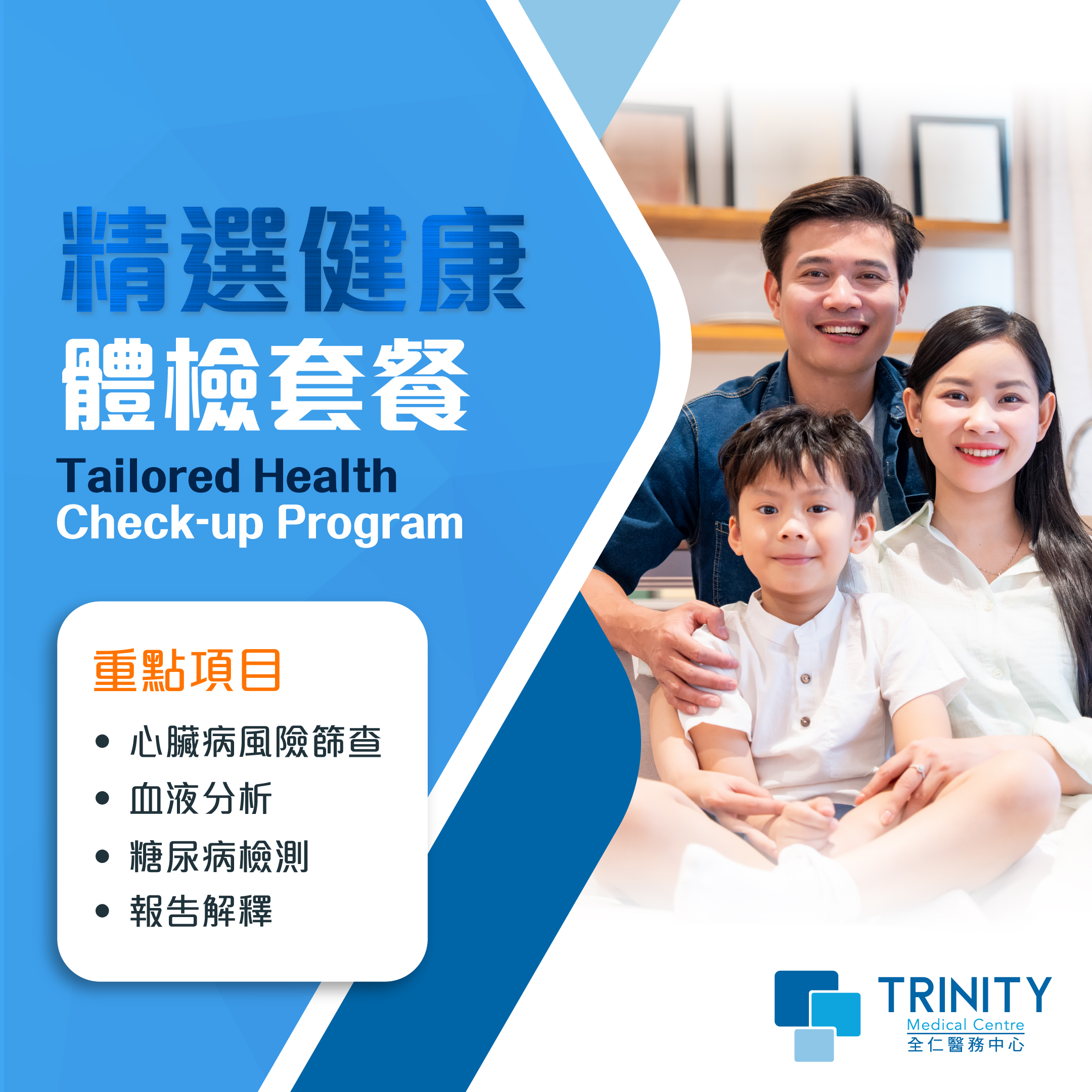Description
Key Genetic Analysis for Predicting Alzheimer’s Disease Risk
As populations age, Alzheimer’s Disease impairs memory and quality of life, with higher risks for those with a family history or in middle to older age. Early genetic risk identification via the APOE Alzheimer’s Genetic Test is key to dementia prevention. A simple blood test enables a personalized prevention plan to delay disease progression and protect cognitive health, reflecting self-care and responsibility for family well-being.
APOE Genetic Test Overview
APOE genetic testing analyzes the Apolipoprotein E gene, focusing on its three major genotypes: ε2, ε3, and ε4. Among these, APOE ε4 is widely recognized for its strong association with Alzheimer’s disease risk.
This test requires only one blood draw and can determine lifelong risk, helping individuals start early lifestyle management and medical planning to prevent dementia.
Who Should Consider APOE Genetic Test?
This test is especially suitable for people who:
- Suitable for people of any age who are concerned about brain health
- People with family members suffering from Alzheimer’s disease, dementia or stroke
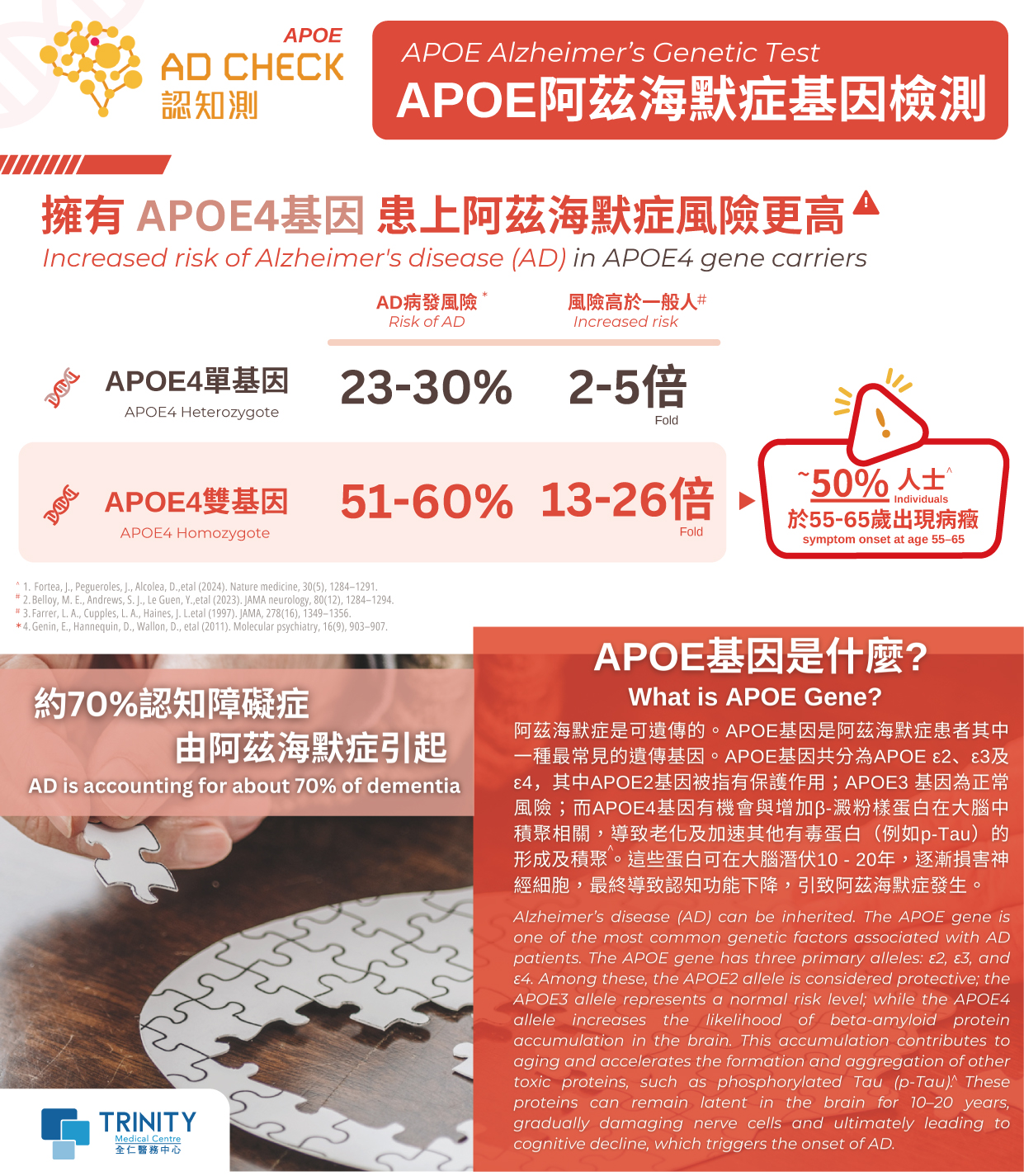
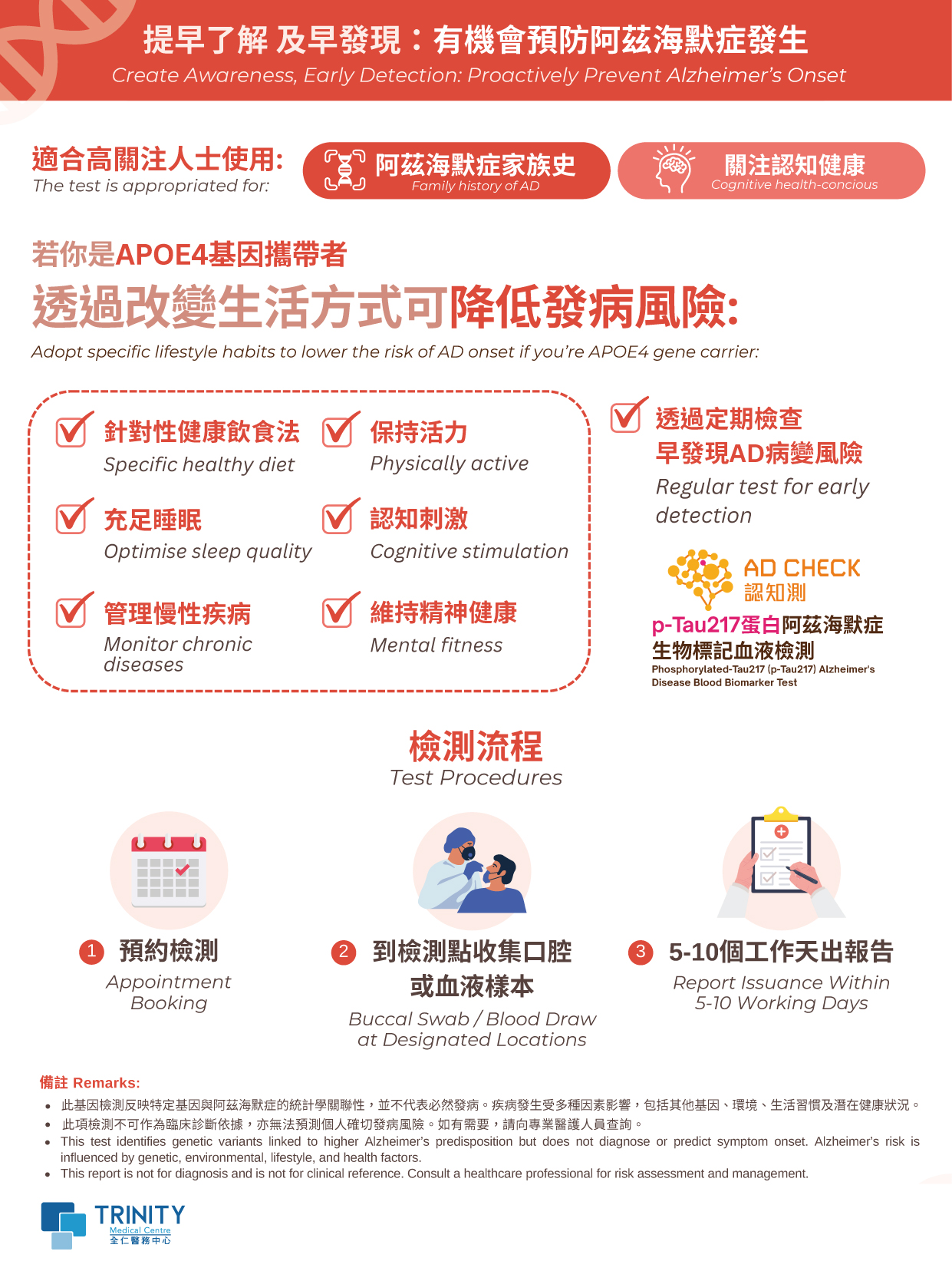
More Information
FAQ
What is the APOE Genetic Test?
APOE stands for Apolipoprotein E, which is involved in lipid metabolism and brain nerve repair. There are three main genotypes: ε2, ε3, and ε4. The ε4 genotype is directly linked to increased Alzheimer’s disease risk.
What do the different APOE Genetic Test mean?
The APOE gene has several alleles, mainly APOE2, APOE3, and APOE4:
- Presence of the APOE4 allele increases Alzheimer’s risk.
- Having one APOE4 allele (heterozygous) raises risk about 2-5 times higher than normal.
- Having two APOE4 alleles (homozygous) increases risk by 13-26 times.
- Other combinations like APOE2/2, APOE2/3, and APOE3/3 correspond to a normal or lower risk level.
Do I need to repeat APOE Genetic Test?
No. APOE is a genotype test and only needs to be done once in a lifetime since your genetic makeup does not change after birth.
Is the testing process painful?
Only a single blood draw is required, similar to routine health check-ups. No anesthesia or special preparation is needed.
What should I do if I test high-risk?
If you test as high risk, it is recommended to combine the results with brain MRI scans and the AD Check 認知測™, and seek professional medical advice on lifestyle, diet, exercise, and health maintenance for comprehensive preventive management.
Is this test suitable for young people?
Yes. Even if symptoms have not appeared at a young age, early awareness of genetic risk helps establish healthy habits that can delay aging and brain degeneration. This is a key step in preventive medicine.
Instructions for use:
- Must be used on or before the expiration date
- Please show your confirmation information, order number, registered full name and phone number for verification
Terms and Conditions:
- This voucher is only valid for Trinity Medical Centre.
- The voucher can be used at Central , Causeway Bay or Tsim Sha Tsui Trinity Medical Centre.
- This voucher must be used within 90 days after purchase and this voucher is not valid after expiration.
- This voucher is non-refundable and cannot be redeemed for full or partial cash.
- You must bring this ticket to the front desk when you register.
- This voucher cannot be used with any other special offers and promotions.
- If this voucher is lost or stolen, we will not accept any liability and will not provide any reissue in such case.
- If you have any questions, please call 2192 7022 or email tmc@trinitymedical.com.hk
- Trinity Medical Centre reserves the right to amend the above Terms and Conditions without prior notice. In case of any disputes, Trinity Medical Centre reserves all rights for the final decision.

